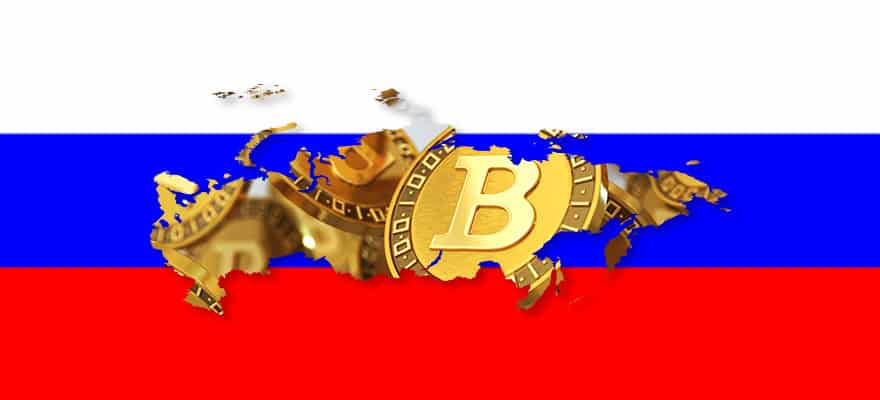Russian legislators are working on a bill that suggests non-qualified investors who seek to buy crypto with a total annual worth of more than 600,000 rubles ($7,700) be subjected to additional exams.

The new bill, according to one of its proponents, Andrey Lugovoy, Deputy Chair of the parliamentary Security and Anti-Corruption Committee, is about “strict regulation” of the sector.
The bill is anticipated to be debated in the State Duma during the lower house’s spring session, according to the deputy. Prior to that, relevant ministries, law enforcement agencies, and market players will be consulted. Any changes will be approved by a working group made up of members of the Duma and officials from government agencies, including the Russian Central Bank.
The central bank has been at odds with other regulators over its tough stance on cryptocurrency. The Bank of Russia recommended a broad prohibition on crypto-related operations such as issuing, trading, and mining in a newly published consultation paper, but it received no backing from Moscow’s executive and legislative branches.
The bill also seeks to regulate crypto mining
Andrey Lugovoy also disclosed that the impending law will attempt to control cryptocurrency mining, which has been growing in popularity in Russia, particularly after China’s crackdown. Apart from businesses, ordinary citizens in energy-rich areas have discovered a new source of income by utilizing discounted electricity to run crypto farms in their basements and garages.
The congressman told the publication that electricity costs for these miners should be the same as for enterprises, and that “garage mining” with inexpensive household power should be prohibited. The federal government made a move in that direction in late December by permitting regional governments to hike home electricity tariffs when consumption surpasses a particular level.
The bill’s authors intend to spell out exactly which entities will be allowed to work with cryptocurrencies. Authorized banks, crypto exchanges, and other digital money exchangers will be among them, providing they receive a special license.
Foreign-based crypto trading platforms wishing to operate in Russia will be subject to a “unique” registration process, according to Lugovoy, who did not elaborate further.
